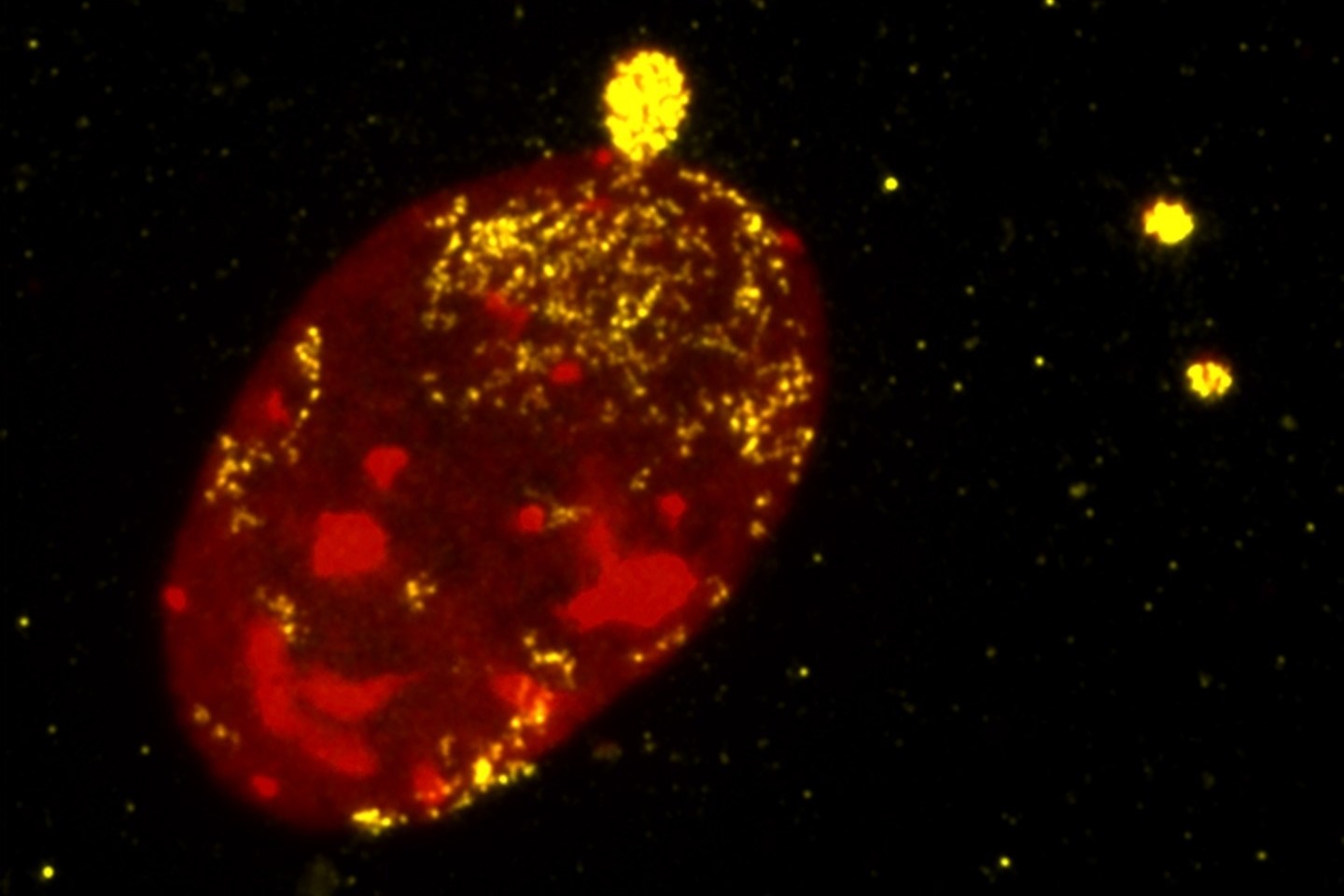
Cell therapy developer Celyad Oncology is pausing an early-stage clinical trial in colorectal cancer after reports of two patient deaths. As of now, the stoppage is voluntary, but the company is still informing regulatory agencies, which may go further and take the additional step of formally imposing a clinical hold.

With the Rise of AI, What IP Disputes in Healthcare Are Likely to Emerge?
Munck Wilson Mandala Partner Greg Howison shared his perspective on some of the legal ramifications around AI, IP, connected devices and the data they generate, in response to emailed questions.
Belgium-based Celyad said it expects to provide more updates on the clinical trial for the experimental therapy, CYAD-101, in the near future.
Celyad is among the companies working on off-the-shelf CAR T-cell therapies. Unlike the first generation of this type of cancer immunotherapy, which is made from a patient’s own T cells, Celyad prepares its CAR T cell therapies from the cells of healthy donors. In addition to improving on the cost and logistical challenges of producing autologous cell therapies from a patient’s own cells, off-the-shelf approaches, such as Celyad’s, are hoped to address more cancers. CAR T so far has only been able to address blood cancers. Developers of next-generation CAR T therapies aim to treat solid tumors as well.
One of the risks of cell therapies sourced from donor cells is the potential to trigger graft-versus-host disease (GvHD), a condition in which the donor cells see the recipient’s native cells as foreign and proceed to attack them. Celyad aims to diminish this response by engineering the T cell receptors on the donor cells in such a way that they do not recognize healthy tissue as foreign, potentially avoiding GvHD.
The Phase 1b study for CYAD-101 is evaluating the cell therapy in patients with difficult-to-treat metastatic colorectal cancer. Patients are receiving the treatment concurrent with chemotherapy, which is then followed by Keytruda, a cancer immunotherapy from Merck.
Details on the patient fatalities are scant. Celyad said that both patients exhibited “similar pulmonary findings.” While the most frequent symptoms of GvHD include a skin rash, gastrointestinal problems, and liver dysfunction, the condition can also affect the lungs. The company said it is investigating whether other patients in the clinical trial had similar problems.
In an earlier Phase 1 study that evaluated CYAD-101 in 25 patients, there were no reports of any dose-limiting toxicities, Filippo Petti, the company’s CEO, said in a prepared statement. He added that the company does not expect the clinical trial pause will have any impact on another experimental CAR T-therapy, CYAD-211, which Celyad is developing for the treatment of multiple myeloma.
“Our primary commitment is to maintain patient safety, which is why we decided to place the trial on hold while we investigate these events,” Petti said. “We are working diligently to better understand these events.”
Image by the National Cancer Institute














